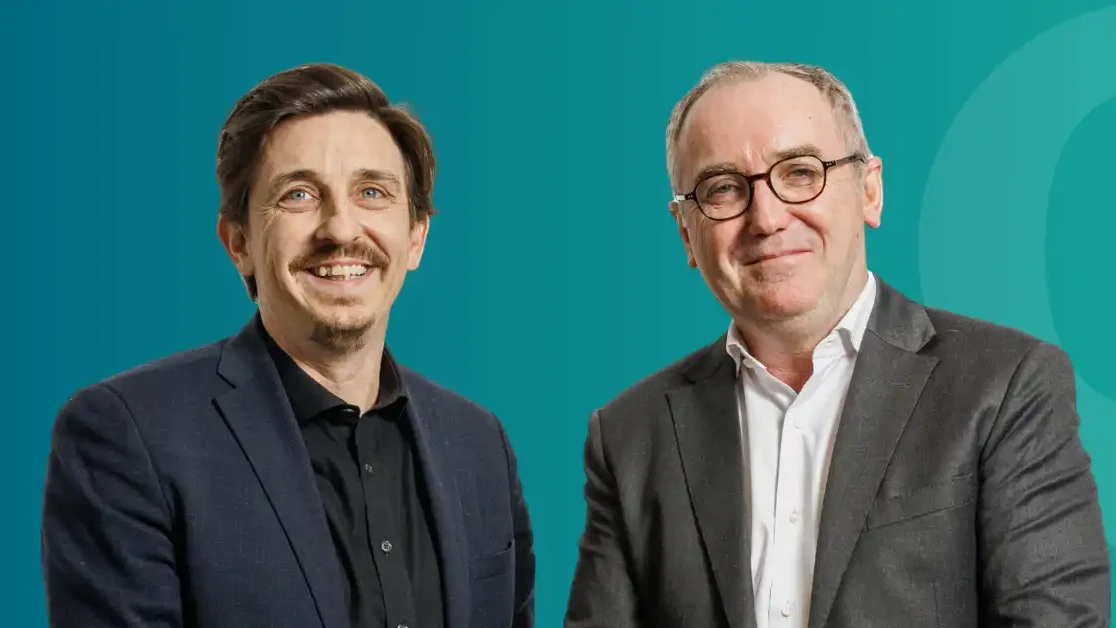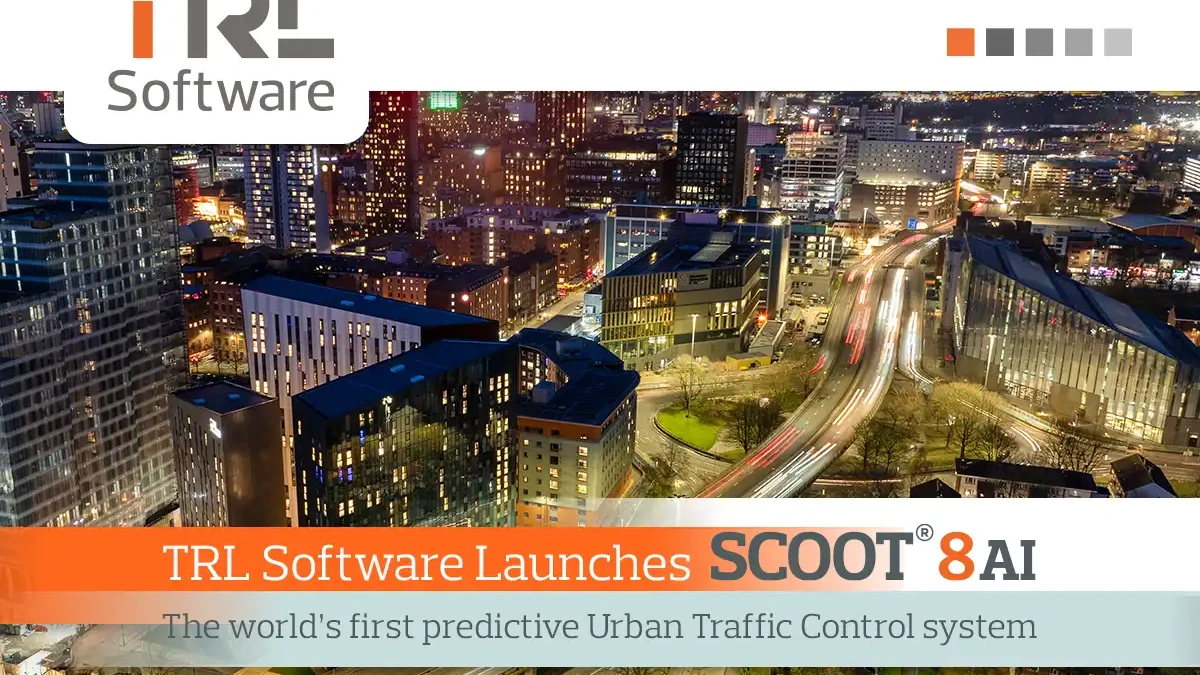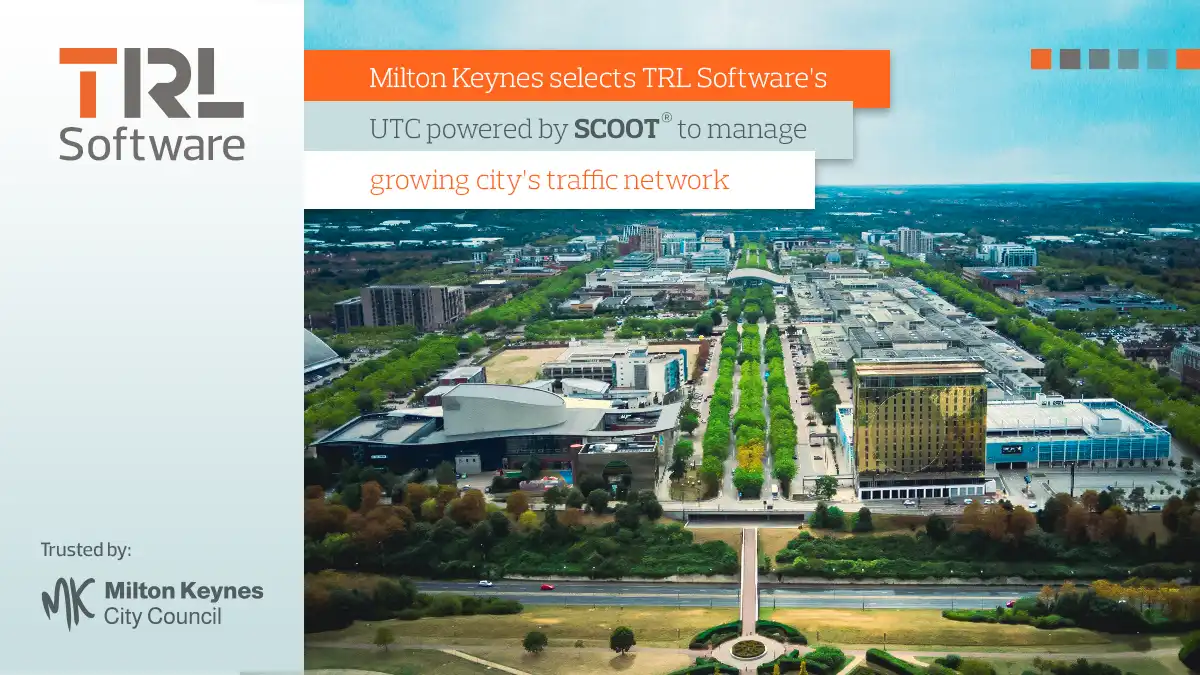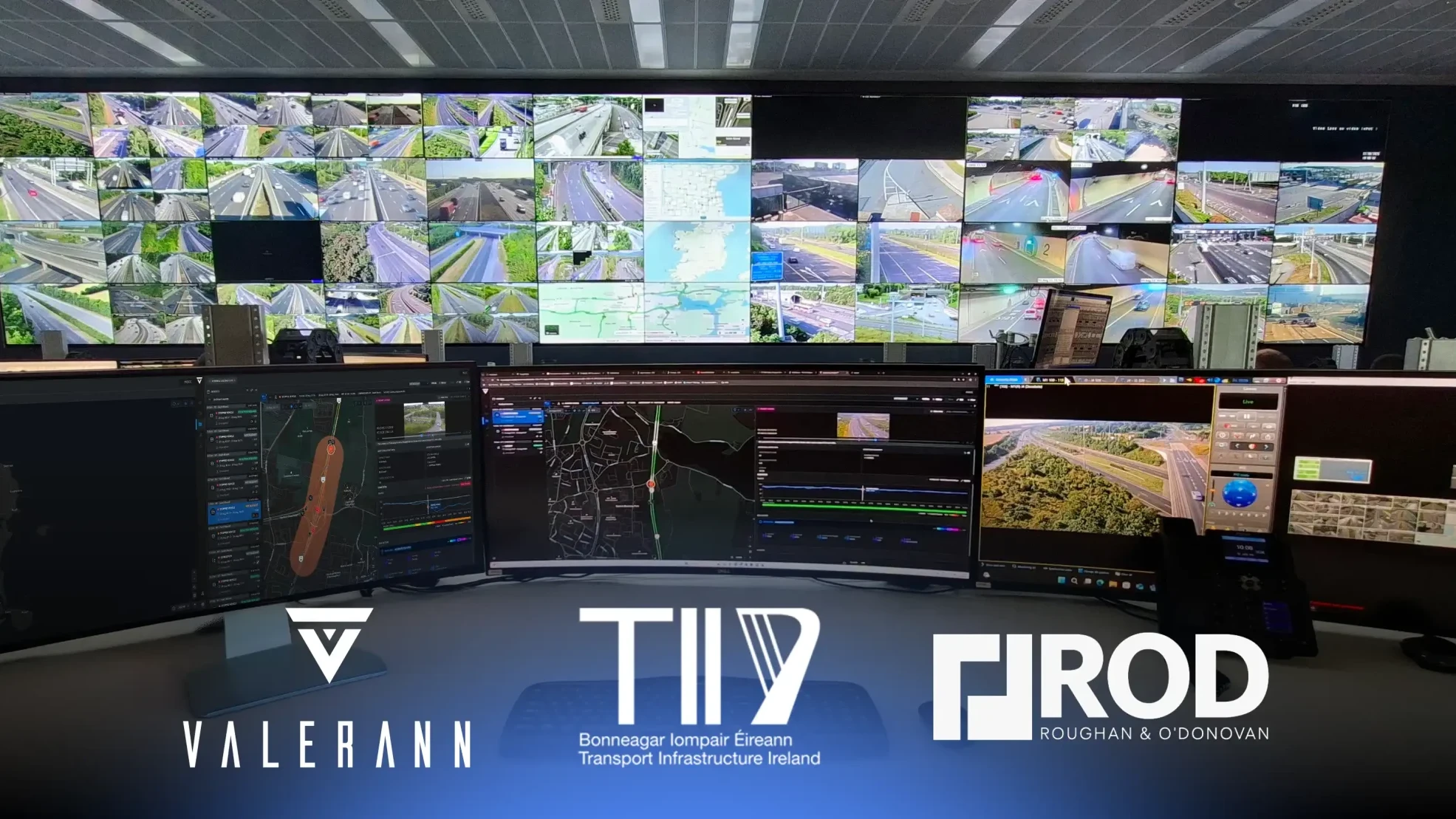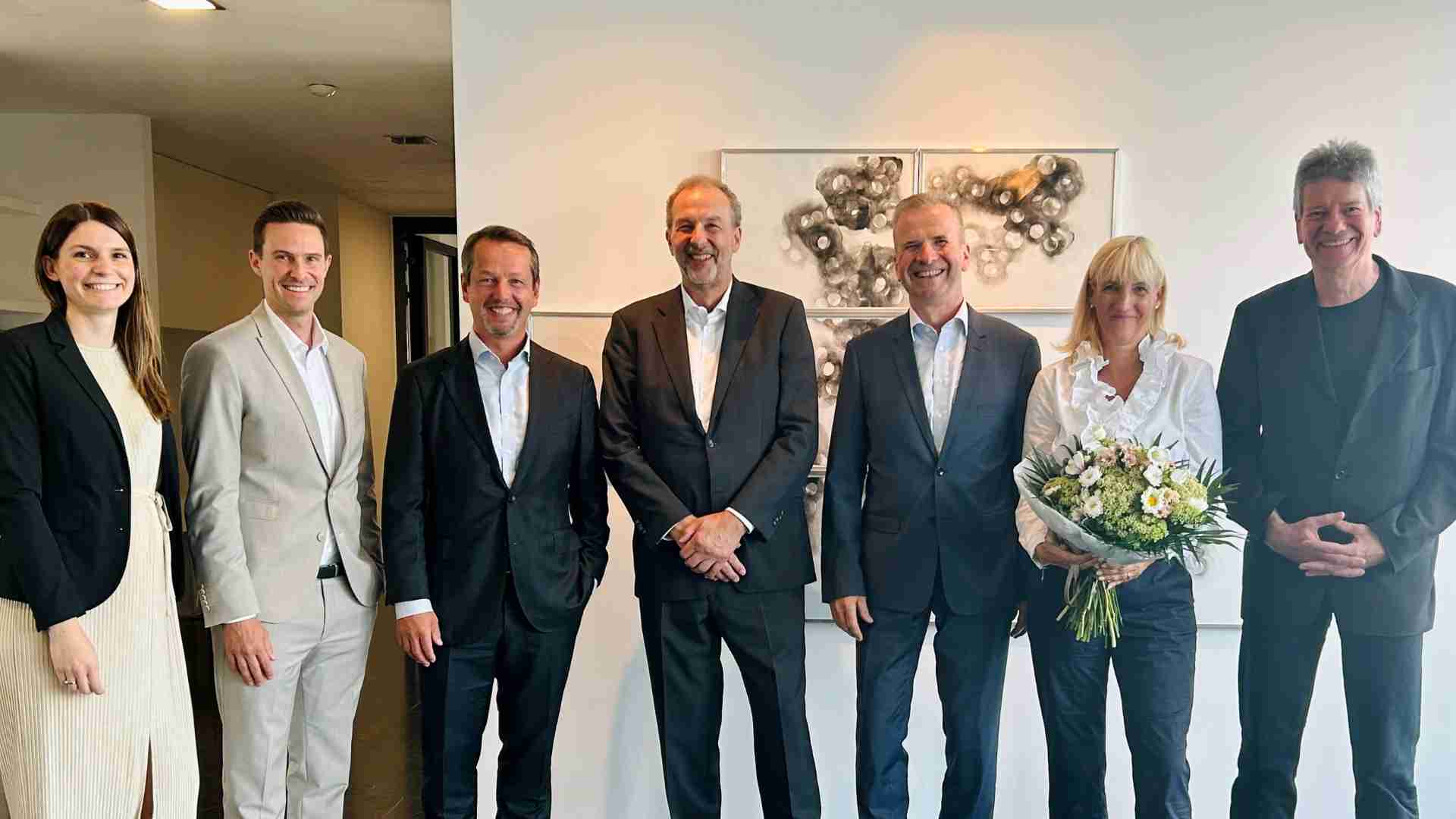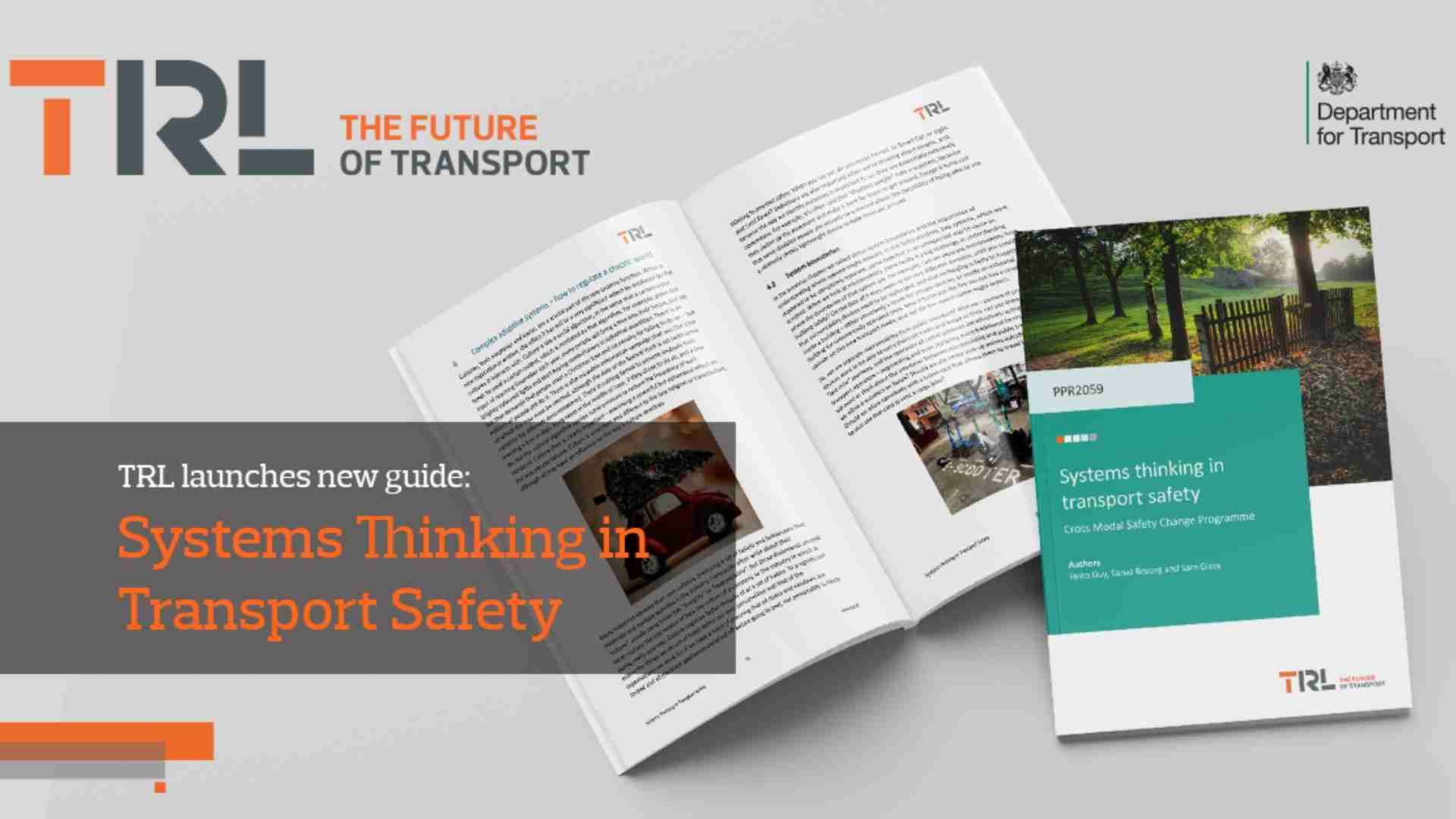BBC Tech Now features Valerann
Valerann has been awarded the 2025 Toll Excellence Award by the International Bridge, Tunnel & Turnpike Association (IBTTA). The recognition highlights Valerann’s collaboration with Transport Infrastructure Ireland (TII) and Roughan & O’Donovan (ROD) to improve incident detection and response on Ireland’s motorway network using its AI-powered data fusion platform, Lanternn by Valerann™ (LbV).
Recently, BBC Tech Now covered the story, featuring it on their channel. You can watch the video here:
Read video transcription:
Our busy roads can be dangerous places. But inside this building, there are people watching the roads to keep them safe.
BBC: Look at this! Andrew, what is this?
Andrew O’Sullivan (Senior Operations Manager, Transport Infrastructure Ireland): This is the Motorway Operations Control Centre where we look at and monitor and watch 1300 km of Irish motorways.
BBC: So, this is the whole country, essentially?
Andrew: That is the whole country.
BBC: Amazing.
Andrew: All of Ireland.
BBC: What are the people here doing? What kind of things are you looking out for?
Andrew: The ledge here are looking for breakdowns where people have gotten into difficulty. They’re broken down on the side of the road. They may be looking for collisions. They may be looking for debris. You lost loads, cargo straps, that type of thing lying on the road. Another problem we would have is pedestrians and cyclists ending up in the motorway network.
The huge bank of screens gives you a sense how challenging that task is, which is why staff are getting help spotting incidents and accidents from an AI system made by a startup called Valerran.
Well, as you can hear, the road generates a lot of noise. It also generates a lot of data from things like navigation apps and CCTV. And Valerann’s AI analyses that data to spot hazards and raise the alarm.
Michael Vardi (Co-Founder of Valerann): So you’d have a camera like that one over there that can monitor traffic. You’d have roadside radars that automatically detect instances or even underground sensors that count and classify traffic. Phones with navigation apps and social media share information about risks and incidents. And what our system does is it collects this wealth of information.
BBC: Give me an example of a time where the AI flagged something to the operators here.
Michael: In this case, we’re looking through about 11 and a half thousand alerts every single day. And our system goes through that and picks the most important ones. In this case, we had alerts from WAZE navigation app where people drive along the motorway, use this navigation app, and if they see an incident, they report it.
The AI also noticed that traffic speed in blue absolutely dropped to under 40 km an hour. Our AI also sieves through and processed the video footage in the area. What you can see in this replay is that traffic speed is flowing normally. And, as I fast forward, you can see all of a sudden a breakdown of traffic all to the point where vehicles are actually stopping in the live lane. And so when the AI raised all this, the operator looked at this event, immediately validated and sent over a response that indeed it was a collision.
In this example from America, the system raised an alert when this truck left the road and disappeared from view. Valererann tells us that, luckily, the driver escaped serious injury.
Dr. Robert Corbally (Research & Innovation Lead Roughan and O’Donovan): What we saw was that the operators were able to see things a bit quicker and on average when the system alerted them of something that they didn’t know about already, it typically alerted 10 or 15 minutes before they would have found it otherwise.
BBC: AI is advancing all the time. What’s the future of this technology?
Michael: As data becomes more available and AI becomes more effective, this type of life-saving technology can be applied to all roads. Suddenly, more remote communities and small rural roads can enjoy the same benefits of active monitoring response as these busier networks.
BBC: The obvious question that springs into people’s minds is it going to be start start replacing human beings?
Andrew: No, not at all. As technology is evolving, there’s more and more data being generated. The problem with data generation [is that] it takes people to interpret it and how we use it currently. This tool lets us use that data and provide that information to operators to do something meaningful with. It’s a tool we’re looking at. It’s not a replacement for people. It’s a tool for people to help them and do their job better.
The role of AI in road safety is still a promising work in progress. For now, safety still critically depends on that other intelligent automotive system, the driver.
Latest News
- MoU signing between IRF and VRCIC to Advance Cooperative Vehicle-Infrastructure Technologies

- IRF and CHTS Strengthen Collaboration in Advancing Research in Autonomous Vehicles

- Driving Innovation: IRF and CHTS Strengthen Collaboration in Smart Mobility Research

- Hi-Drive Webinar Explores the Technology Enablers for Higher Vehicle Automation

- Introducing the IRF Start-Up 2025 Finalists

- Building Resilient Roads for a Safer and Connected Future

MORE NEWS
October 5, 2025
0 Comments7 Minutes
From intrapreneurial initiative to independent start-up: ORIS Materials Intelligence accelerates its development
ORIS adopts a new shareholding structure around its co-founders, with the entry of a new strategic investor, LIBERSET.
September 24, 2025
0 Comments3 Minutes
TRL Software Launches SCOOT® 8 AI
World's First AI-Powered Predictive Urban Traffic Control Solution
September 18, 2025
0 Comments5 Minutes
Milton Keynes City Council selects TRL Software’s UTC powered by SCOOT®
The TRL Software will be used to manage the growing city’s traffic network
September 4, 2025
0 Comments4 Minutes
Valerann Wins 2025 IBTTA Toll Excellence Award
Valerann was awarded for Transforming Incident Detection and Response on Ireland’s Road Network with AI-Powered Data Fusion







